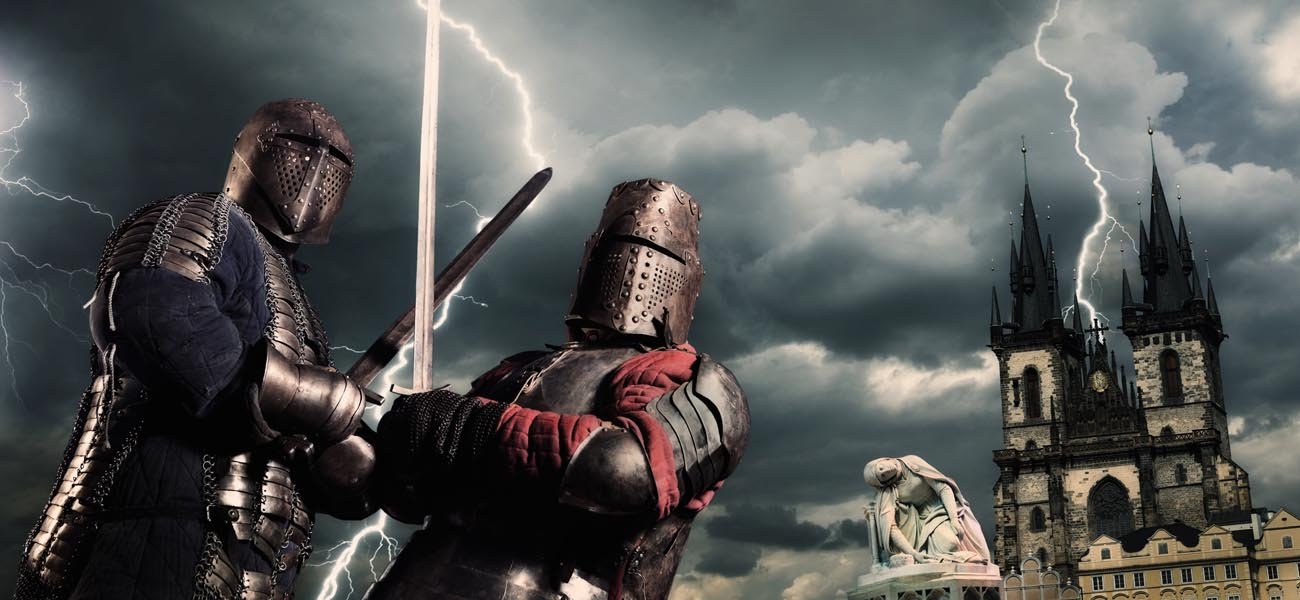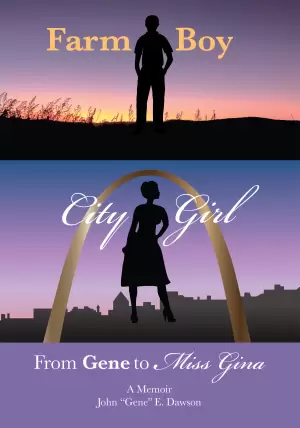
27 Oct Dictionary of Medieval Terms for Writers
[vc_row css_animation=”” row_type=”row” use_row_as_full_screen_section=”no” type=”full_width” angled_section=”no” text_align=”left” background_image_as_pattern=”without_pattern”][vc_column][vc_column_text]Writing can be one of the hardest tasks an author prepares for. Once the research, character development, plotting, and research have been done, you are finally able to write your novel. Unfortunately, the hard work isn’t over. And then there is the need to master of a whole new set of skills: sentence structure, prose, advanced grammar, and the correct word choice… No one said the writing portion was easy either.
Nothing can stop a writer dead in their tracks like the lack of a good word. Mid-sentence and you just can’t think of the right word to use. You start googling synonyms; before you know it you are watching cat videos on youtube. It happens to the best of us.
So next time you sit down to work on your novel, consult the Dictionary of Medieval Terms for Writers list below to make sure that you are using proper terms. Nothing screams amateur when you miss use(see what I did there?) a word, and if your readers are the grammar police, then it will be hard to please them. Besides that, you WANT to use correct wording and grammar, that just comes with the territory of a writer.
To keep you focused on your writing and away from potential cat videos, use this useful list of medieval terms that are specifically geared for fiction writers and storytellers.
Dictionary of Medieval Terms for Writers
[table id=3 /]
[table id=1 /]
[table id=2 /][/vc_column_text][/vc_column][/vc_row]















